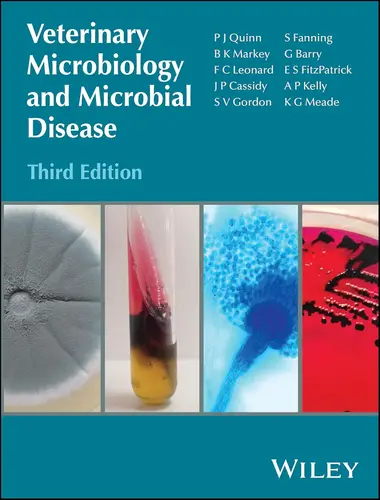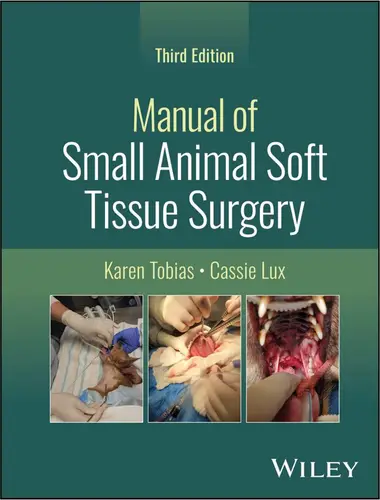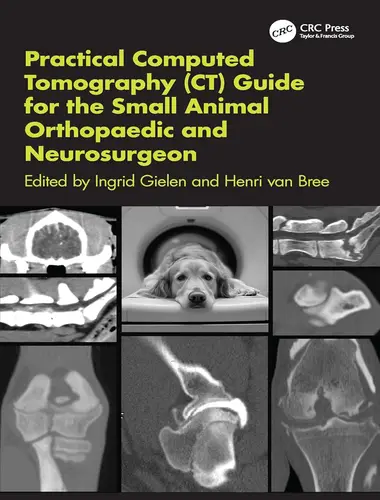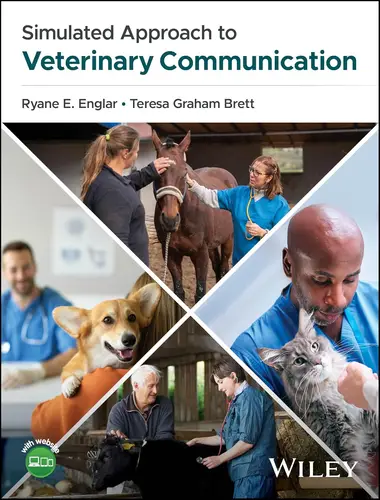Workforce Needs in Veterinary Medicine, The U.S. veterinary medical profession contributes to society in diverse ways, from developing drugs and protecting the food supply to treating companion animals and investigating animal diseases in the wild.
Workforce Needs in Veterinary Medicine

In a study of the issues related to the veterinary medical workforce, including demographics, workforce supply, trends affecting job availability, and capacity of the educational system to fill future demands, a National Research Council committee found that the profession faces important challenges in maintaining the economic sustainability of veterinary practice and education, building its scholarly foundations, and evolving veterinary service to meet changing societal needs.
Many concerns about the profession came into focus following the outbreak of West Nile fever in 1999, and the subsequent outbreaks of SARS, monkeypox, bovine spongiform encephalopathy, highly pathogenic avian influenza, H1N1 influenza, and a variety of food safety and environmental issues heightened public concerns. They also raised further questions about the directions of veterinary medicine and the capacity of public health service the profession provides both in the United States and abroad.
To address some of the problems facing the veterinary profession, greater public and private support for education and research in veterinary medicine is needed. The public, policymakers, and even medical professionals are frequently unaware of how veterinary medicine fundamentally supports both animal and human health and well-being.
This report seeks to broaden the public’s understanding and attempts to anticipate some of the needs and measures that are essential for the profession to fulfill given its changing roles in the 21st century.
[expand title=” “]
| Size: 12 MB | Book Download Free |
Password: pdflibrary.net
[/expand]






